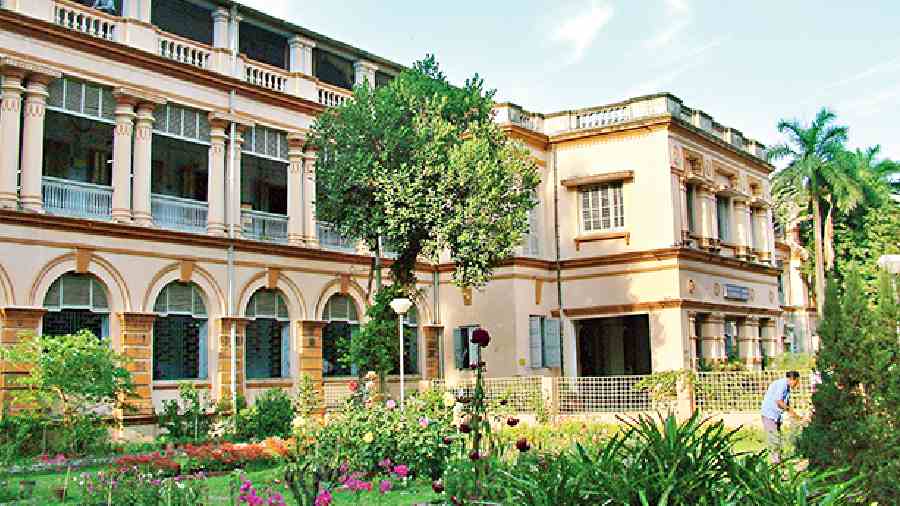Jadavpur University has accepted its economics department’s proposal to introduce an annual laboratory fee from the next academic year for the maintenance of its computers, said a JU official.
The head of the department had in the last meeting of the university’s executive council proposed an annual laboratory fee of Rs 400 because 46 computers that had been bought under a central government scheme could not be used because of a lack of funds.
A senior JU official said on Wednesday the university’s finance officer had been asked to consult the head of the economics department, Saikat Sinha Roy, to fix the amount that will be charged as the laboratory fee from the next academic year.
“I will soon meet the finance officer to decide the (laboratory) fee. We want to make the lab functional by the next semester,” Sinha Roy, who is also chairperson of a committee set up to suggest measures to bridge the “huge gap” between the income and expenditure at JU, told The Telegraph.
JU is reeling under a funds crunch.
Sources said that at the last budget meeting of the university, a few departments in humanities that have laboratories were requested to think of ways to generate resources.
A JU official said engineering and science departments charge Rs 125 and Rs 75, respectively, as lab fees each month.
“Economics will be the first department from the arts faculty to introduce a laboratory fee,” he said.
A teacher of the economics department said they were not able to operationalise 46 computers bought under a central government scheme before the pandemic because funds crunch were coming in the way of installing certain programmes in them.
“The university’s finance officer will provide some subsidy so the laboratory fee becomes less than what has been proposed. The proposed amount is not much, though. Split over 12 months, it stands at Rs 33 a month,” the teacher said.
The funds crunch is so severe that the university had last month issued a notice announcing the setting up of an alumni cell tasked with tapping former students across the world to mobilise resources.
The funds crunch is so severe that the university had last month issued a notice announcing the setting up of an alumni cell tasked with tapping former students across the world to mobilise resources.
JU finance officer Gourkrishna Pattanayak had in September 2022 written in the university’s first newsletter that JU was facing an acute dearth of resources and the only option left for “resource generation” was increasing fees.
